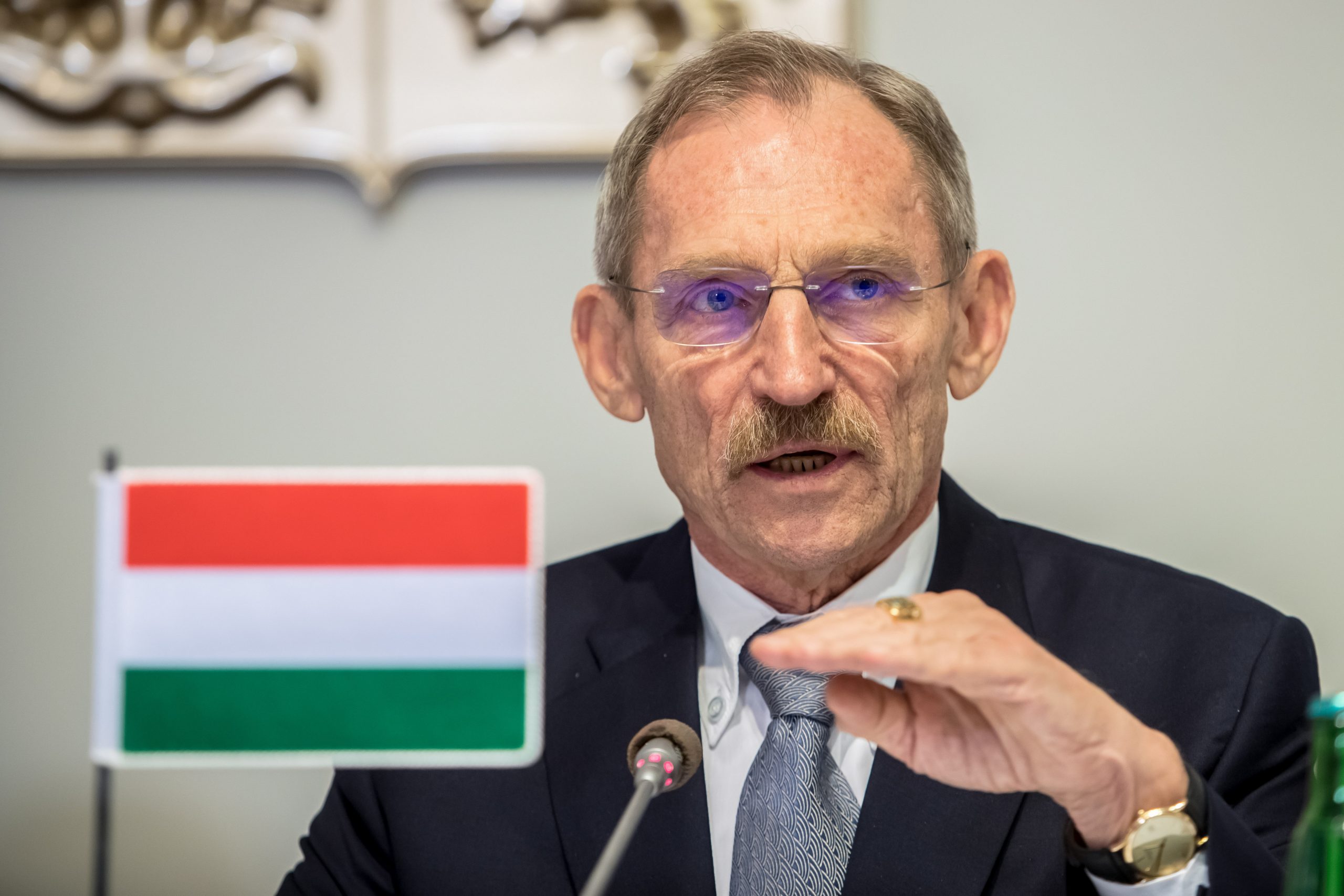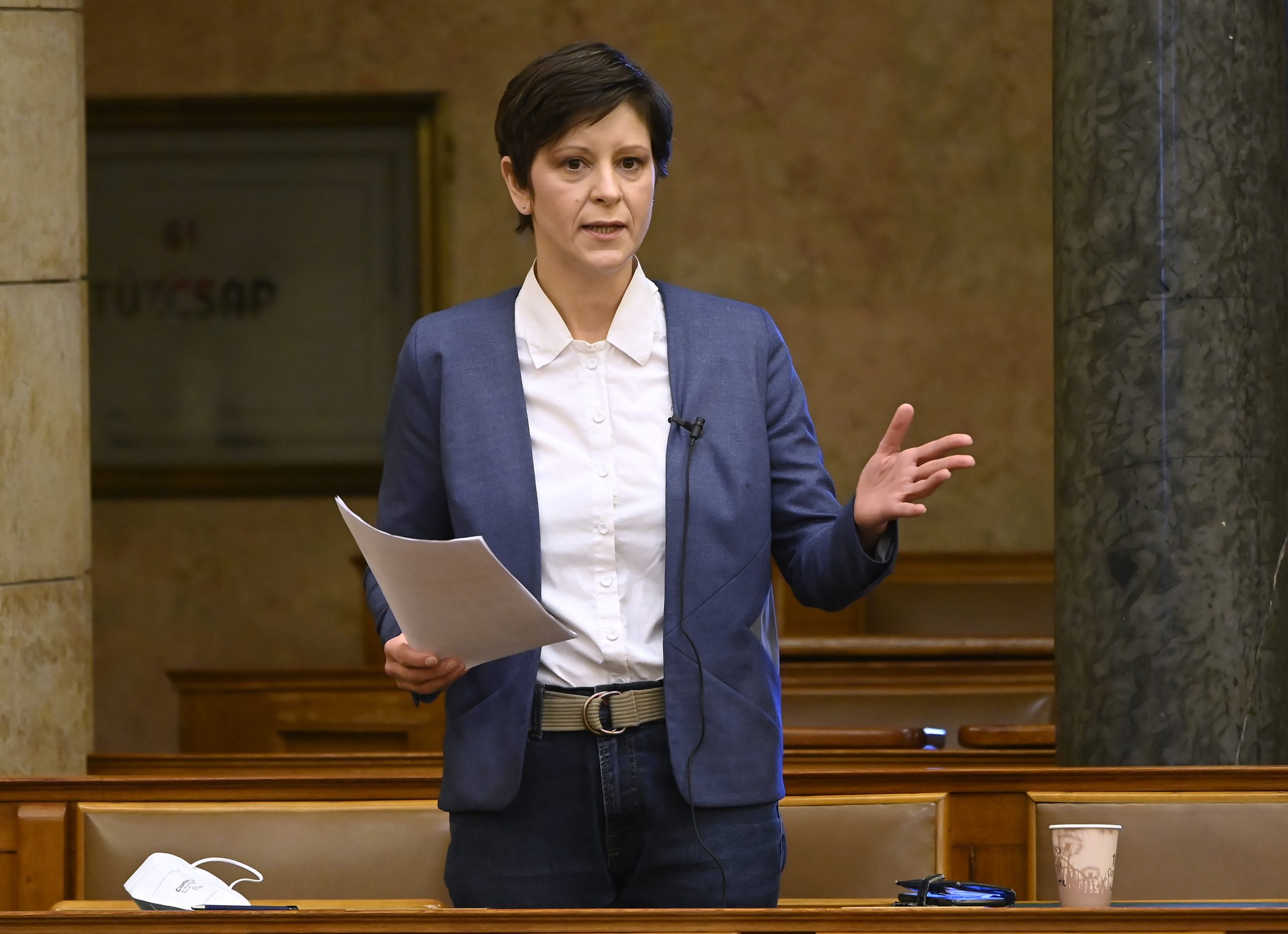
In Direkt36's most recent discovery, traces of the spyware were found on a Hungarian investigative journalist's phone.Continue reading

Opposition members of Hungary’s various investigative committees are trying to gain more information on the Pegasus spyware case with little to no success. Government members either boycott meetings, deny their relevance, or do not give clear answers on Hungary’s involvement. Internationally, the United Nations is handling the issue by calling for a moratorium on the sale of surveillance technology until clear regulations are made.
The opposition members of Hungary’s Defense and Law Enforcement Committee have sent a letter to László Kövér, Speaker of the National Assembly, to call on the Committee’s President and member of Fidesz Lajos Kósa for the initiation of a committee meeting on the Pegasus case. Previously, the representatives had tried to call together the meeting on their own but were unable to.
Hungary’s governmental institutions intended to check abuses of power and ensure that the nation operates democratically have been rendered quite useless as of late. Not only has the Defense and Law Enforcement Committee been unable to meet despite members’ calls to do so, when the National Security Committee met with Minister of the Interior Sándor Pintér, no questions could be asked since the Committee’s Fidesz members did not show up.
Lajos Kósa, the head of the Defense and Law Enforcement Committee, denied that any meeting was called by the Defense Committee’s opposition members. Posting to Facebook, the committee president said that “news of such an initiative was only spread by one opposition representative, which is not enough, since at least two requests are necessary to initiate proceedings.”
Kósa argues that the only reason behind the call for proceedings is to fan the flames of the Pegasus scandal, which is “being spread by pro-Soros organizations.”
Independent MP Bernadett Szél stated that from 2010 until July 31, 2021, the Metropolitan Court of Budapest has authorized the covert surveillance of 2,255 individuals in 1,009 different cases in the interest of “national security.”
During this period, the highest number of persons trailed was in 2019 and 2020: 261 and 310, respectively. There was an increasing trend in the number of warrants since 2016, Szél adds, highlighting that in 2020 the court authorized the surveillance of almost twice as many persons than in 2017.
The judges of the Metropolitan Court approved each and every submission, in no case was a request for secret surveillance denied.
The Court did not answer the question of how many surveillance warrants were issued on different national security functions, such as for the purpose of investigating terrorism and organised crime, subversion of law and order, threats to the economic security of the country, spreading scaremongering rumours or incitement against the community. They said this information is classified.
Szél added that while in other countries independent investigations are being carried out, “the Hungarian government is finessing its way out of mass investigations.” She finds it nonsensical that officials have not given clear answers as to whether they have or have not used the Pegasus software. The independent MP believes that this is equal to a confession: they are not investigating precisely because they are responsible for the mass wiretapping of Hungarian citizens, which she promises will be fully investigated after the change of government.
So far only the Prosecutor’s Office has provided a clear response regarding its use of the spyware. Ágnes Vadai of the social-liberal Democratic Coalition asked the Ministry of Foreign Affairs and Trade, the Prime Minister’s Office, the Ministry of Defense, the Ministry of Finance, and the Prosecutor’s Office whether they had used the Pegasus software.
All except the latter responded saying that Hungary is a democratic nation led by the rule of law, that government bodies act in accordance with the law, and that no illegal surveillance was conducted. The Prosecutor’s Office clearly stated that it did not purchase or use Pegasus.
Those familiar with the Pegasus scandal know that this is an international issue, and that Hungary is one of multiple countries accused of using the software. In reaction to the uncontrolled magnitude of the issue, the Special Rapporteurs and Independent Experts of the United Nations Human Rights Council have called for a global moratorium on the sale and transfer of surveillance technology until they can be certain that the use of such devices follows international human rights regulations.
Surveillance technology has been a subject of controversy in the field of human rights for a long time. When Forbidden Stories and Amnesty International exposed the phone numbers of hundreds of journalists, human rights defenders and political leaders which had been targeted by NSO Group’s software, a critical point was reached.
The report not only demands a prohibition on the sale of surveillance technology, but for NSO Group to “disclose whether or not it ever conducted any meaningful human rights due diligence in line the UN Guiding Principles on Business and Human Rights and publish fully the findings of any internal probes it may have undertaken on this issue.”
The experts also call on Israel, the nation where NSO Group operates, to “disclose fully what measures it took to review NSO export transactions in light of its own human rights obligations.”
In the featured photo: independent MP Bernadett Szél. Photo by Tamás Kovács/MTI